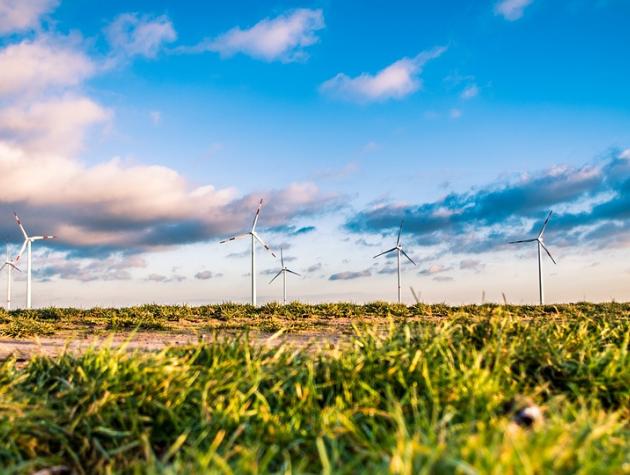Conference memo: African Priorities in the New Climate Governance (2015)
As countries race to negotiate a new climate treaty by December 2015, the nature of the climate regime is evolving in profound ways. First, the object of the negotiations has shifted. Instead of seeking a treaty in which countries negotiate a distribution of national emissions reduction targets, the United Nations Framework Convention on Climate Change (UNFCCC) talks are moving toward a “pledge and review” system in which nationally determined goals, subject to some level of international discussion and monitoring, are recorded at the multilateral level and, it is hoped, ratcheted up over time.
Second, there has been a groundswell of climate actions and initiatives from smaller groups of countries, sub- and non-state actors like cities and private companies, and multi-stakeholder partnerships and coalitions. This heterogeneous set of actions is increasingly seen by governments as important in its own right, and as a catalyst for further action at the national and international levels. It is increasingly recognized at the multilateral level, both in the UNFCCC process and at high-level events like the September 2014 UN Secretary-General climate summit, and attracts a growing share of climate-related funding.
Third, new financial tools and institutions like the Green Climate Fund are appearing to attempt to meet the costs of shifting to a low carbon economy and of adapting to the climatic shifts we cannot prevent. But as scientific reports grow increasingly dire about the impacts of climate change, it remains unclear how new funding streams will be able to mobilize sufficient resources to address the problem.







